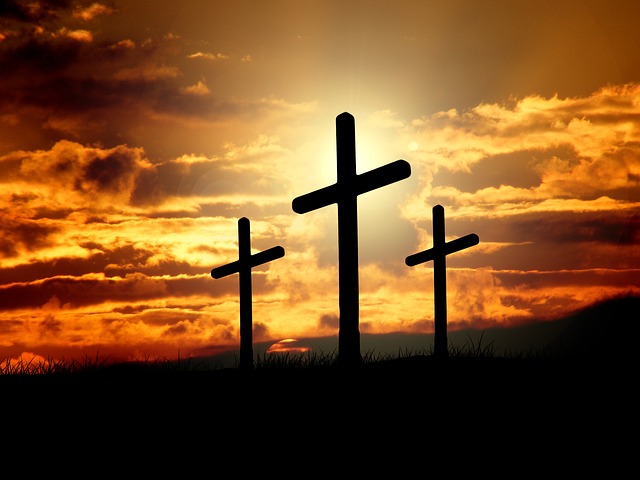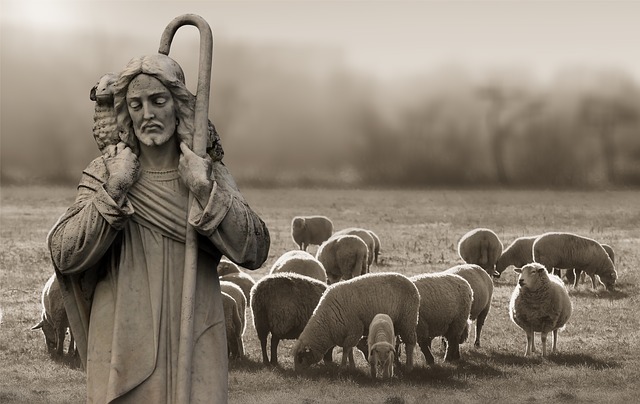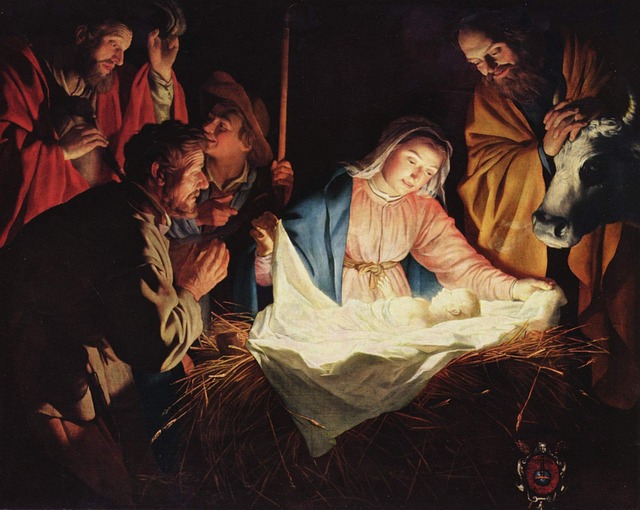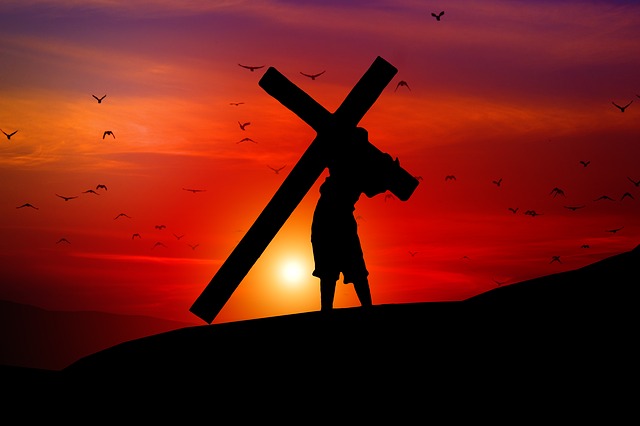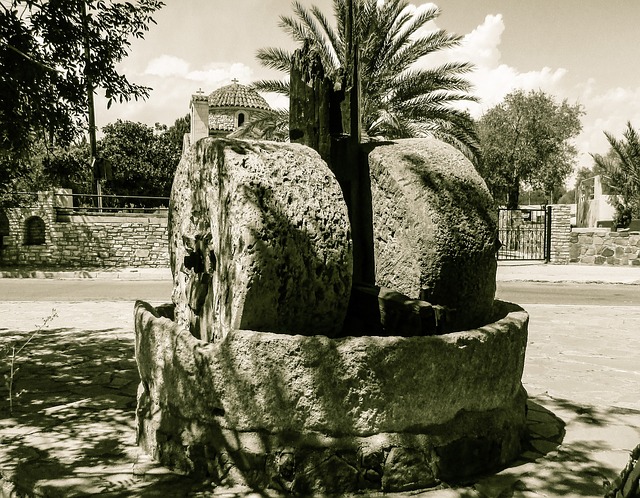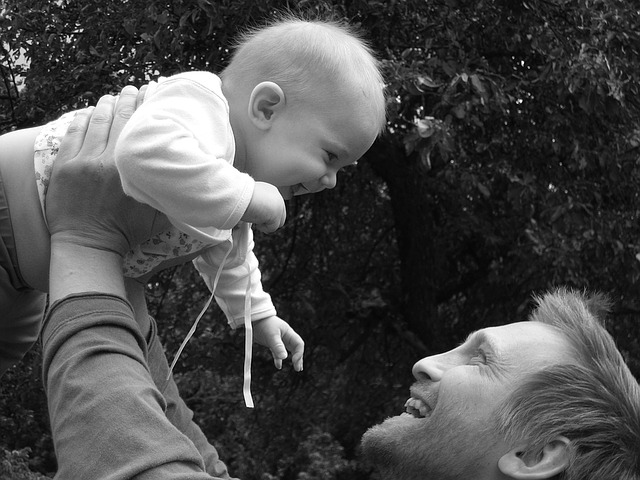
“The LORD lift up His countenance upon you.” – Numbers 6:26
Men & Children
For many young children, men can be intimidating. With their large statures, deep voice and scruffy faces, they might as well be Jack’s giant. They grunt and sigh but seldom speak. They are always gruff and always angry. They spank all children and eat the bad ones. So I’m exaggerating, but only a little. When it comes to relating with children, there are barriers to break through. When the giant cares enough to break through it is memorable for both Jack and the giant. Despite the intimidation, our children crave our attention. Despite the barriers, our children need our love.
New Heights
As fathers, we like to face our children and lift them up in the air. As we hold them up roles are temporarily reversed. Now we must lift our faces to look them in the eyes. As long as we are lifting them they can reach new heights. We watch them as they are thrilled at the ability to touch the ceiling. Perhaps we fly them around the room as imaginary planes and let them see familiar items from a new perspective. My children are too old to do this with any longer, but I have graduated to doing it with my Grandchildren. It is good not only for breaking down barriers but for making memories as well. When conveying love words aren’t always necessary. Sometimes the best way to spread joy is to pick up our children and lift up our faces towards theirs.
In today’s verse, that is what God is saying to His children. I want to take you in My hands. I want to pick you up. I want to lift my face and look into your eyes. To the children of Israel, God was that fearful giant on the mountain. Remember? They wanted Moses to talk to God and relay the message. If God talks to us we will die! When it comes to relating with children there are barriers to break through. Even for God. No one breaks through them better. Your loving Father wants to lift you up so you can reach new heights.
Humility & Exaltation
When we looked at verse twenty-four of this blessing, we talked about the image of God blessing His children by getting on His knees and giving them gifts. In doing so God was humbling Himself by getting on his knees and coming down to our level. How amazing it is that our God would do such a condescending act. At first glance, it might seem that this is similar to what we are looking at today. Some might say it is two sides of the same coin. I’m not so sure. While verse twenty-four shows us the humility of God, today’s verse shows us the exaltation of man. In the spiritual realm, one must precede the other.
When Jesus was on the cross, God was on His knees. Our Father looked down from heaven and saw our hopelessness. He saw us in our misery and showed us mercy. God came down to our level and gave us a gift. He humbled Himself. We must do the same. We must lift our faces to the Savior on the cross and humble ourselves in repentance. We must get on our knees and accept the gift God has offered us. It is said that the cross is God’s greatest display of love and wrath. It is also the best place for God and man to meet on their knees. God’s arms are outstretched. He is offering a gift. Let’s reach out our hands and accept. Humility precedes exaltation.
“Humble yourselves before the Lord, and He will exalt you.” – James 4:10
The cross wasn’t the end for Jesus. It was the humility that preceded His exaltation. “And being found in human form, He humbled Himself by becoming obedient to the point of death, even death on a cross. Therefore, God has exalted Him and bestowed on Him the name that is above every name” (Philippians 2:8-9). When we are washed by the blood of Christ we are adopted by God. We are His children. The fear of His wrath is gone. He is delighted in us. He holds us up in divine joy and lifts His face upon us. As He lifts us up we can reach new heights. In the outstretched arms of God there are no ceilings. Only endless joy. Amazing the heights we can reach because of humility. If we lift our eyes to Jesus, God will lift His face upon us.
God is not distant. He is not aloof. God came down to our level to lift us up to His. Because of Jesus, the barriers are gone. God is approachable. He longs to embrace us. As God holds you up and lifts His face towards yours may you be overwhelmed by His love and overflowing with joy. May the experience enable you to see things from a new perspective. Through Christ God has enabled us to see Himself more clearly. We can see Him from an exalted position. That is why He blesses us. That is why He holds us up and lifts His face to us. When we are in His hands and He is looking into our eyes we have His undivided attention. What a great way to convey love. What a blessing.
“The LORD lift up His countenance upon you.”
